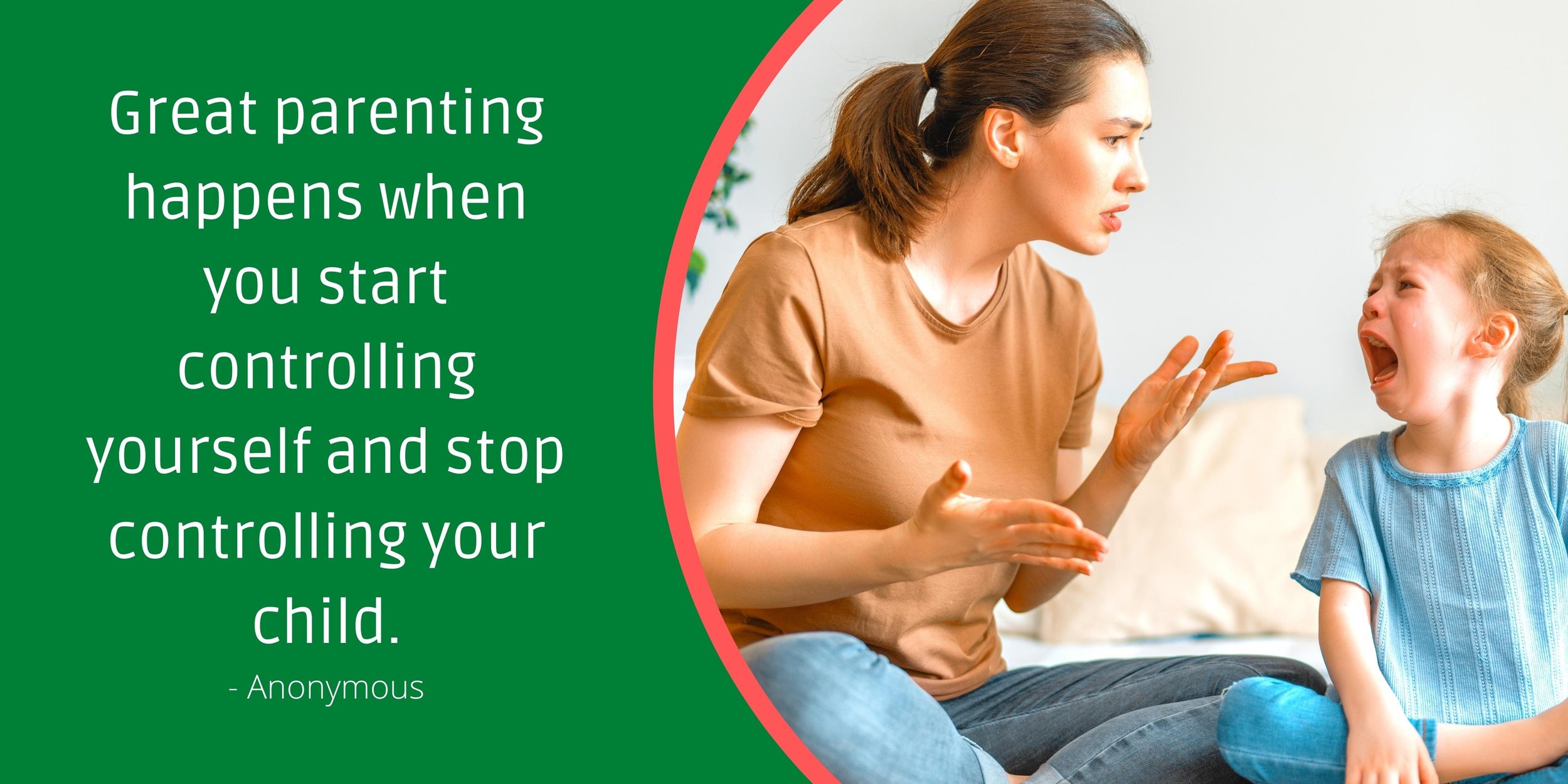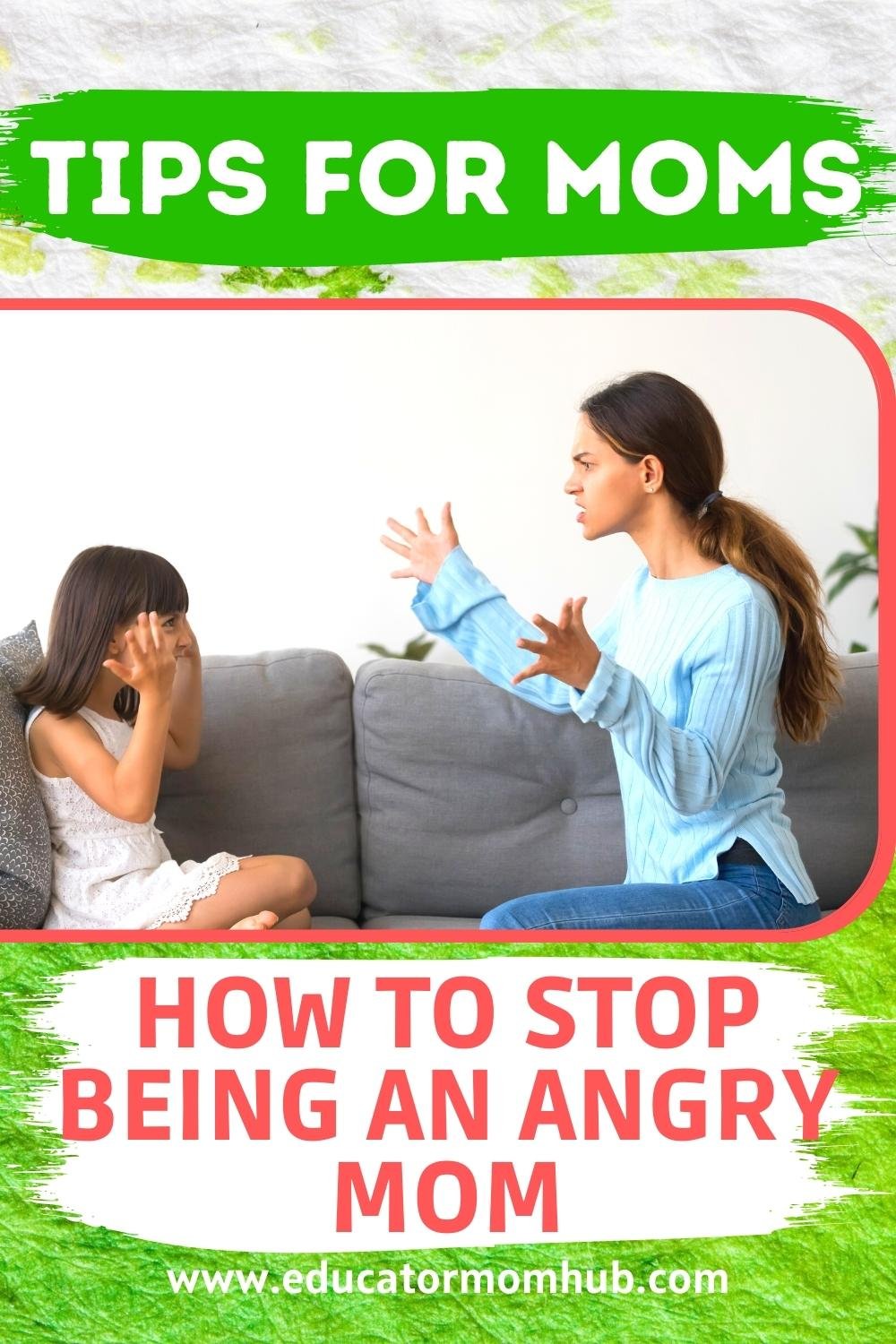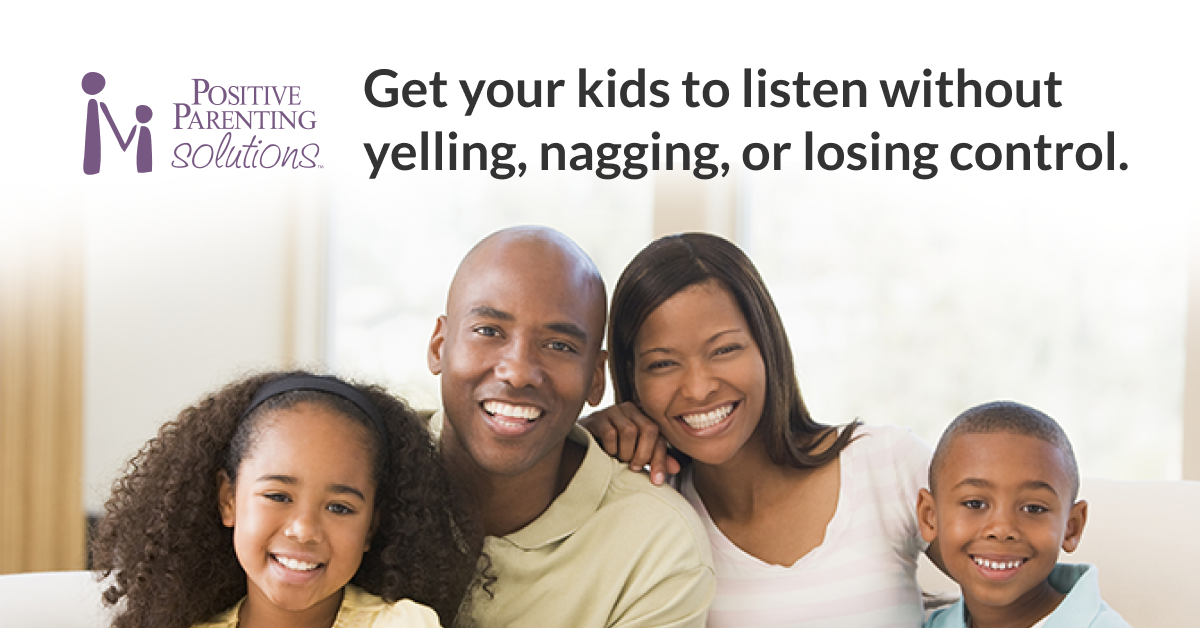How to Stop Being an Angry Mom: Strengthening Mom-Child Bond
We've all been there-stress levels are high, patience is thin, and our kids are pushing every button we have. Before we know it, we're yelling even after promising ourselves that we'd never do that.
We feel guilty and ashamed after but it seems to keep happening. This vicious cycle can leave us feeling hopeless and like lousy mothers.
But it doesn't have to be this way! There are steps you can take to stop being an angry mom, and strengthen your relationship with your child.
Keep reading for more information on how to break the cycle of anger become a happier mom!
Why Do Moms Get Angry?
Anyone who has ever been around screaming or demanding young kids knows that parenting can be a frustrating experience.
While there can be many different reasons for a mom's anger, some of the most common underlying causes include stress, fatigue, and feelings of being overwhelmed.
What are some common reasons for moms reacting with anger?
Feeling Unappreciated
When a mother is constantly running around trying to take care of everything, she may feel like she is not appreciated and this can lead to anger.
Disobedient Kids
Many mothers get angry because their children do not listen to them, disobey them, or fight with their siblings. When a mother feels like her authority is being challenged, she may react with anger.
Not Getting Support from Partner
It is also common for mothers to feel angry when they are not getting the help they need from their partner or other family members. If a mother feels like she is doing everything on her own, she may start to feel resentful and this can lead to anger.
How Does Anger Interfere With the Mom-Child Relationship?
Pin this post to Pinterest
Anger can interfere with the mom-child relationship in many ways.
When a child's mom is always angry, it can take a toll on the child's emotional well-being.
Children are wired to want their parent's approval and love. When a mother is constantly angry, often the children can't help but believe that they must be the cause of their mom's anger.
They may feel like they can never do anything right, they're never good enough, or that their parents are always disappointed in them. Kids may even begin to feel scared of their mom.
This can lead to feelings of insecurity and low self-esteem. As a result, the child may start to withdraw and isolate themselves from others.
They may also have difficulty expressing their own emotions and become bottled up inside.
These feelings can lead to further behavioural problems and make it difficult for the child to form healthy relationships with others.
All of these things can take a toll on the mom-child relationship and make it difficult to connect with one another.
It is important for mothers to find healthy ways to deal with their anger so that it does not damage their relationship with their children.
Tips on How to Stop Being an Angry Mom
If you're a mom who struggles with anger, know that you're not alone and there are things you can do to feel better.
Here are some tips on how to stop being an angry mom:
1. Identify Your Triggers
The first step is to become aware of what triggers your anger. Once you know what sets you off, you can start to develop a plan for how to deal with those triggers.
Some common triggers for anger include stress, fatigue, feeling overwhelmed, and feeling like your authority is being challenged.
2. Take a Step Back
Pin this Post to Pinterest
When you start to feel yourself getting angry, take a step back and take some deep breaths.
This will help you to calm down and avoid saying or doing something you'll regret.
Once you can think clearly, reassess the situation and reflect on what it was exactly that made you angry.
3. Communicate Effectively
Once you've had a chance to calm down, it's important to communicate with your child about what happened.
Be sure to use age-appropriate language and avoid using phrases such as "you made me so angry."
Instead, focus on how you were feeling in the moment and how your child's behaviour made you feel.
4. Set Boundaries
One of the best ways to avoid feeling angry is to set boundaries with your children.
Let them know what behaviours are acceptable and which ones are not. If they cross their limits, be sure to enforce the consequences calmly and consistently.
How to Set Limits for Kids- 9 Tips for Behaviour Management
Here are some very helpful articles with simple and practical parenting tips to help you understand and manage your child's behaviour.
How to Overcome Parenting Dilemmas for 4-Year-Olds Who Don’t Listen.
How To Be A Supportive Parent When Your 4-Year-Old Has Anger Issues
5. Make Time to Connect With Your Child
Pin this Post to Pinterest
One of the best things you can do for your relationship with your child is to make time to connect with them regularly.
This will strengthen your mother-child bond and help you understand your child's personality; likes, dislikes, and capabilities.
It also allows you to be more responsive to their needs rather than just reacting to their behaviour.
Spending quality time with your child doesn't necessarily mean that you have to spend hours talking with them every day. But it does mean taking some time out of your busy schedule to just focus on them.
Here is an article with tips on how you can fit in quality time with children every day. What Happens When Parents Spend More Quality Time With Children
Listen to them when they talk to you, play with them, and ask them about their day.
Making this time for your child will help them feel valued and appreciated, and it will make it easier for you to connect with them when they need you.
When children feel loved, they are calmer, respond better when asked to do something, and are eager to please.
6.Set Clear Expectations From Your Partner
It is important that you and your partner are on the same page when it comes to parenting. If you're not, it can lead to a lot of conflict and frustration.
Sit down with your partner and discuss your expectations for how you will parent together.
Be sure to communicate openly and honestly about what you both feel comfortable with and what you're not.
It's also important to remember that it's okay to ask for help from your partner when you're feeling overwhelmed or angry. Parenting is a team effort, and we all need a break sometimes.
7. Practice Self-Care
An exhausted mom is no good to anyone.
It's important to take care of yourself both physically and emotionally.
This means getting enough sleep, eating a healthy diet, and finding time to do things you enjoy. When you're well-rested and taking care of yourself, you'll be better equipped to deal with anger constructively.
Here are articles that may help you understand why it is okay for a busy mom to take a break.
Why Better Selfcare For Moms Is The Best Way For Raising Calm Kids
17 Ways to Overcome Mom Burnout-Symptoms, Consequences and Selfcare
8. Get Some Exercise
Exercise is a great way to burn off excess energy and tension.
When you're feeling angry, go for a run, take a yoga class, or do some other form of exercise that you enjoy.
You'll not only release some of that pent-up anger, but you'll also get endorphins flowing which will help to improve your mood.
9. Talk to Someone
If you're feeling overwhelmed, talk to a friend or family member who can offer support. Sometimes just talking about what's going on can help to diffuse the situation and make you feel better.
Joining a moms group can be a great way to meet other moms and have some fun.
Here you will have an opportunity to share your experiences and feelings which can help you feel supported and understood by moms who are going through the same thing.
Disclaimer: This page contains affiliate links. If you choose to make a purchase after clicking a link, I may receive a small commission at no additional cost to you. Thank You for your support.
10. Seek Professional Help
If you're finding it difficult to manage your anger on your own, seek out professional help.
A therapist can help you to understand the root cause of your anger and develop healthy coping mechanisms.
Seeking help is nothing to be ashamed of and it can make a world of difference in how you're able to manage your anger.
11. Parenting Class
Parenting classes can be beneficial to you because it can give you parenting tips and useful strategies on how to handle your parenting challenges.
It can also help you develop a better understanding of your child and how to best meet their needs.
There is no shame in taking a parenting class - in fact, it can be a sign of strength and commitment.
Parents who take parenting classes are often more prepared to handle the challenges of raising kids and are more likely to have successful relationships with their children.
Here is an absolutely FREE Online Parenting Class to get you started!
Resources
If you're a mom who is struggling with anger, there are many resources available to help you.
Listen for just 7 minutes per day, and allow the short mindfulness sessions to massage your tense mind, release stress, and plant seeds of calm relaxation that help you flourish.
If your anger outbursts are due to lack of sleep because you just can’t shut down and relax then this free video might be very helpful.
Learn how to balance your sleep chemicals naturally and nurture a peaceful environment for sleeping that is essential to the mind's ability to shut off and drop down into a deep soothing slumber.
If you are looking for a stress-relieving exercise that can be done in your time without leaving home, then check this out. Destress and feel good at the same time!
Conclusion
Managing anger is a process that takes time and patience, but it’s worth the effort.
If you can learn to manage your anger in a healthy way, you will be able to set better boundaries with your children and improve communication.
It won’t happen overnight, but by exploring different ways to manage anger, you can start making positive changes in your relationship with your child.
I hope this article has given you some helpful ideas on how to become a less angry mom. What strategies do you use to manage your anger?
Let me know what you think in the comments below!
FAQ
1. What are some tips for how to stop being an angry mom?
There are a few things you can do to stop being an angry mom. First, make sure you're taking care of yourself physically and emotionally. This means getting enough sleep, eating a healthy diet, and finding time to do things you enjoy. Second, get some exercise. Exercise is a great way to release tension and anger. Third, talk to someone. Talking to a friend or family member can help you diffuse the situation and make you feel better. Finally, if you're finding it difficult to manage your anger on your own, seek out professional help. A therapist can help you understand the root cause of your anger and develop healthy coping mechanisms.
2. How can I improve my relationship with my child?
One of the best ways to improve your relationship with your child is to learn how to manage your anger in a healthy way. This means setting better boundaries, communicating effectively, and making time for fun and laughter. When you're able to manage your anger, you'll be able to be more present and patient with your child, which will lead to a stronger relationship.
3. I'm struggling to find time for myself. How can I make time?
One way to make time for yourself is to schedule it. Set aside some time each day, even if it's just 10-15 minutes, to do something you enjoy. This could be reading, taking a walk, or listening to music. It's important to find time for yourself so you can recharge and be a better mom.

















